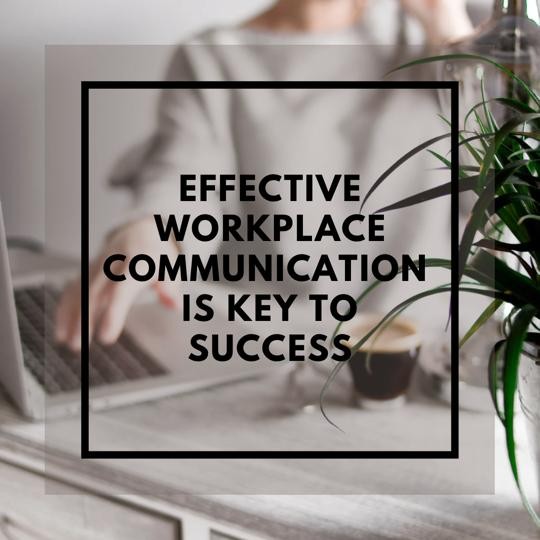How does Persuasion help you excel as a leader and a manager?
How does Persuasion help you

Good communication is extremely important at work. It is the foundation for effective collaboration and teamwork, and is essential for ensuring that everyone is on the same page and working towards the same goals.
With reference to my experience and understanding here are a few reasons, why good communication is so significant in the workplace:
Good communication is essential for a healthy and productive workplace. It can improve productivity, relationships, problem-solving, creativity, and customer satisfaction.
There are several ways to be effective in communication at work:
By following these principles, you can improve your communication skills and become more effective in your interactions with colleagues at work.
Please share your experiences and insights to add to my experience and learnings regarding effective communication at work.
How does Persuasion help you
ALIGNING YOUR EXPECTATIONS WITH TEAM’S

Copyright 2024 © Vikram Pandit | All Rights Reserved
How can I help you?